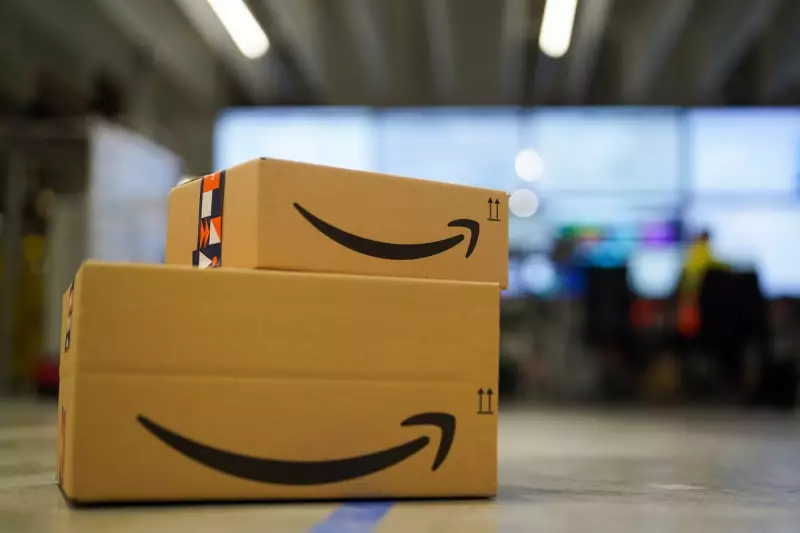
In a significant development for election security protocols, authorities in Maine have issued a formal order requiring retail giant Amazon to disclose comprehensive information about voters who utilised the company's ballot collection services during recent elections.
Election Integrity Under Scrutiny
The directive comes as part of an ongoing investigation into election procedures, specifically focusing on the chain of custody for ballots deposited in Amazon-operated collection boxes. Election officials are seeking to verify the legitimacy and proper handling of these voting documents.
According to sources familiar with the matter, the order mandates Amazon to provide detailed records including voter identification, timestamps of ballot collection, and specific location data for each deposited ballot. This information is considered crucial for maintaining electoral transparency and public confidence in the voting process.
Corporate Involvement in Elections
The case highlights growing concerns about corporate participation in electoral systems across the United States. Amazon's ballot collection programme, while intended to increase voter accessibility, has raised questions about private sector influence on democratic processes.
Election law experts suggest this could set a precedent for how technology and retail companies participate in future elections, potentially reshaping the landscape of corporate involvement in democratic exercises.
Legal and Privacy Implications
The order has sparked debate among privacy advocates who question the balance between election integrity and voter privacy rights. Legal experts anticipate potential challenges regarding data protection laws and the extent of corporate responsibility in safeguarding voter information.
Amazon now faces the complex task of complying with the disclosure order while navigating privacy obligations to its customers who used the ballot collection service.
National Implications
This development in Maine is being closely watched by election officials nationwide, as many states consider similar corporate partnerships to facilitate voting. The outcome could influence policies governing private sector involvement in electoral processes across the country.
As the investigation progresses, all eyes remain on how this intersection of corporate operations and democratic processes will be managed, with potential ramifications for future elections at both state and federal levels.






